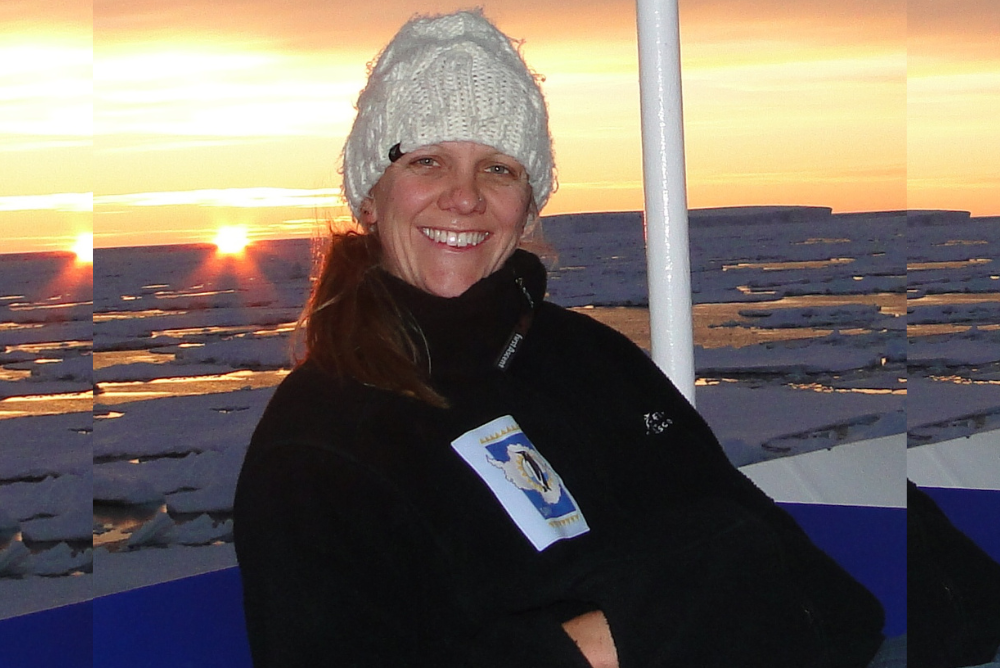Oceanography, Biogeochemistry






Dr Sandy Thomalla, Research Group Leader of the Southern Ocean Carbon-Climate Observatory (SOCCO) at the Council for Scientific and Industrial Research (CSIR)
I am currently a chief scientist and Research Group Leader of SOCCO at the CSIR, in Cape Town, South Africa. I obtained my PhD in 2007 from the University of Cape Town in association with the National Oceanography Centre, Southampton, UK. The knowledge and experience gained from my years of research in phytoplankton productivity and carbon export amalgamates well with my expansion into bio-optical approaches that include in situ high-resolution estimates from autonomous platforms such as bio-Argo floats and gliders.
The understanding gained from my ongoing research will feedback into biogeochemical models, specifically South Africa’s Variable Resolution Earth Systems Model (VrESM) for improved 21st century climate change projections. I would like to think that my unusual combination of experience at the interface of observations, autonomous technology, and ocean colour remote sensing, all centred on the biological response of phytoplankton primary production and associated carbon export places me in a unique position to address the complex problem of understanding the climate sensitivities of the Southern Ocean biological carbon pump.
More about Dr Sandy Thomalla’s research focus
My early research focused on understanding the biological carbon pump through measurements of primary production (14C and 15N) and carbon export (234Th/238U disequilibrium), while my postdoctoral research characterised the seasonal cycle of chlorophyll in the Southern Ocean using sattelite ocean colour to provide a more dynamic understanding of phytoplankton phenology based on underlying physical drivers rather than climatological means. This research continues to play an important role in influencing SOCCO’s approach to advancing their understanding of the Southern Ocean carbon – climate system.
My current and future research has expanded into the development and application of ecosystem-appropriate, well-characterised products that translate ocean colour (and in situ bio-optical measurements) into carbon biogeochemistry (phytoplankton biomass, community structure and physiology) allowing new insight into ecosystem function. A key focus of my work is on assessing event, seasonal and inter-annual variability in ecosystem physical drivers and their biogeochemical response, in order to better understand the potential for carbon sequestration at a regional scale.
Contact
Social Media Channels
Publications
 ORCID
ORCID Google Scholar
Google ScholarImage Collection
 ALSA Archive
ALSA Archive